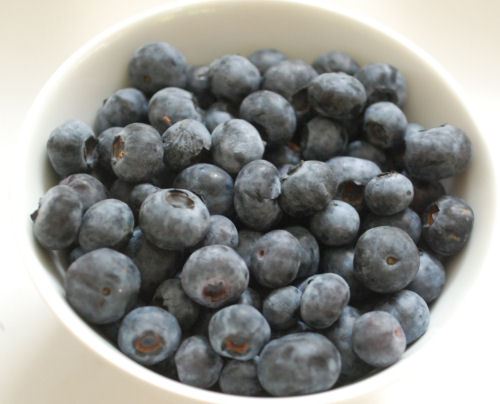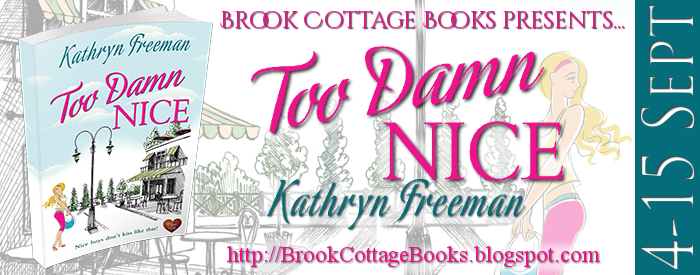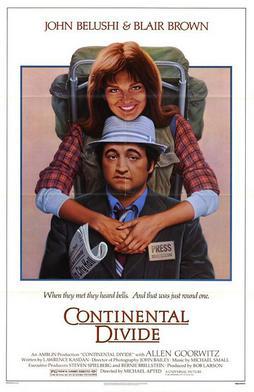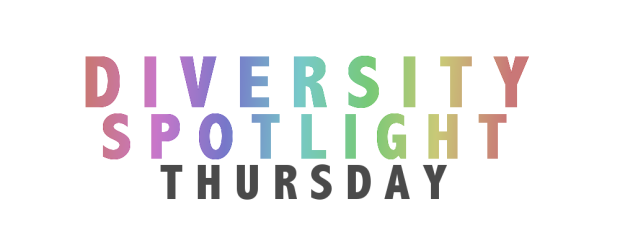 We know that people who eat a lot of fruits and vegetables are generally more healthy than those who don’t and people have hypothesized that the antioxidants in those fruits are the reason. According to this hypothesis, free radicals in the body can do damage to cells and genes and even cause cancer. And antioxidants can vacuum up free radicals by combining with them.
We know that people who eat a lot of fruits and vegetables are generally more healthy than those who don’t and people have hypothesized that the antioxidants in those fruits are the reason. According to this hypothesis, free radicals in the body can do damage to cells and genes and even cause cancer. And antioxidants can vacuum up free radicals by combining with them.
This theory keeps being repeated by cooking writer who somehow have taken this as gospel, particularly those exposed to the unaccredited Institute for Integrative Nutrition, who scams hundreds of students each year. They push the idea of colorful fruits and veggies being more healthful.
The trouble is, we really don’t have any idea what those free radicals are there for and whether they really should be Hoovered up. This discussion comes from one I found in Ben Goldacre’s delightful book “Bad Science.”
You can buy all kinds of antioxidants in pharmacies and health food stores, pretty much unregulated, and to hear the pill peddler talk, they might do some good and can’t do any harm, but we don’t know for sure.
Actually we do know. There have been a number of very good studies on these issues and the results are not encouraging.
In a 1996 Finnish study published in the New England Journal of Medicine, a group of 29,133 male smokers were randomly assigned to receive the antioxidants alpha-tocopherol, beta-carotene, both or a placebo for 5-8 years. The study followed incidence of lung cancer in the subjects, and it was found that
No overall effect was observed for lung cancer from α-tocopherol supplementation, and
β-carotene supplementation was associated with increased lung cancer risk.
In another trial called CARET for Carotene and Retinol Efficiency Trial, the results were worse. They followed 18,314 smokers, former smokers and workers exposed to asbestos, giving them a combination of beta-carotene and retinol (Vitamin A) daily, or a placebo. They found that the risk of death from lung cancer was 1.46 times greater in the active treatment group than in the placebo group, and the trial was stopped 21 months early.
The Cochrane Database is a collection of reviews of papers on hundreds of medical topics, and is a major destination for scientists seeking to review the work in any medical area. The review Antioxidant supplements for prevention of mortality in healthy participants and patients with various diseases was published this March and finds similar conclusions:
The current evidence does not support the use of antioxidant supplements in the general population or in patients with various diseases.
So, it would seem that eating your fruits and veggies is still a great idea, but antioxidant supplements are useless or even worse.
Advertisements Share this:
- Food science





